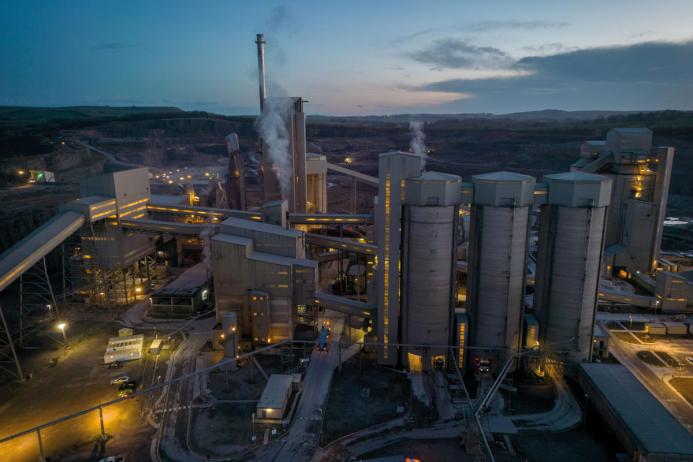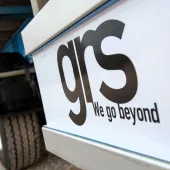Turning waste into worth

First published in the October 2025 issue of Quarry Management
By Steve Birch, circularity director, Tarmac
The construction industry is currently under a lot of pressure to decarbonize while meeting the growing demand for resilient infrastructure. At Tarmac, we see this challenge as an opportunity: by treating waste as a resource, we can unlock new pathways to reduce carbon, conserve natural materials, and accelerate the circular economy.
But while innovation within the sector is moving rapidly, regulation is not keeping pace. The industry is currently developing credible technical solutions to transform construction, demolition, and excavation waste into high-performance materials, yet, progress is being slowed by delayed permitting processes.

Unlocking the value of recycled aggregates
Central to our efforts is a dedicated technical working group which is continually pushing the boundaries of what recycled aggregates can deliver. Our focus goes beyond traditional recycling. We are conducting detailed analyses of particle size, mineral composition, and durability, identifying exactly how these materials perform compared with virgin aggregates.
In parallel, we are investigating how additives and advanced chemicals can enhance recycled content. By testing binders, admixtures, and performance enhancers, our team is developing methods to increase strength, durability, and consistency, ensuring recycled aggregates can stand shoulder-to-shoulder with virgin alternatives in demanding applications such as concrete and asphalt.
This work is already being put into practice through laboratory trials where our technical experts are benchmarking recycled aggregates under rigorous conditions.
Regulation as a blocker
Despite this technical progress, the Environment Agency’s permitting system is causing significant delays on deployment. Facilities designed to process and use recycled aggregates are being held back by lengthy approval timelines – permits that should take weeks are now stretching into years.
We do recognize the importance of environmental safeguards. However, the current system is limiting the speed at which circular solutions can be scaled, delaying progress at a time when the UK urgently needs to accelerate towards net zero. The risk is that innovation continues to move faster than the regulation designed to enable it.
Future-ready and positioned for scale
While the permitting system catches up, we are supporting trials, increasing our technical expertise, and expanding our solutions to ensure we are future ready. This ensures that we are positioning ourselves to act immediately once regulatory barriers are lifted.
The challenges are obvious: inconsistent material quality, technical integration, and regulatory delays. But the opportunities are greater. By transforming construction, demolition, and excavation waste into high-performance aggregates, we can reduce reliance on virgin resources and cut carbon while building the resilient infrastructure the UK requires.
At Tarmac, we are committed to ensuring that when the blockers are removed, we are ready to scale solutions that deliver both performance and sustainability. We are proving that waste is not a problem, but an opportunity.
Subscribe to Quarry Management, the monthly journal for the mineral products industry, to read articles before they appear on Agg-Net.com








